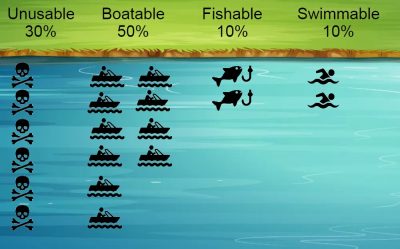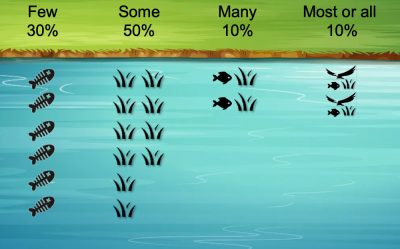Watershed
- Watershed Defination
- A watershed is an area of land that contains a common set of streams and rivers that all drain into a single larger body of water.
- Two Research Watershed Areas
| New England Watershed | Mid Atlantic Watershed |
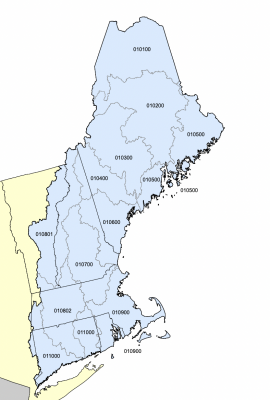 |
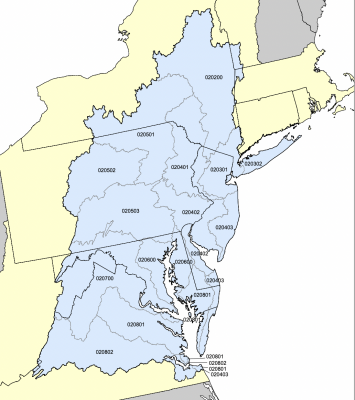 |
Best Management Practices
Please read carefully!
Imagine your state government is going to enacted a farm program aimed at reducing the amount of negative impacts agriculture has on water quality. Farmers are able to voluntarily participate in the farm program, participation includes the farmers having to alter their farming practices to include one or all of the following sustainable agriculture practices, cover crops, converting agricultural land into idle land, no tillage or nutrient management.
These farming practices are known to have a direct impact on increasing rivers and streams water quality. The increase in water quality varies due to the location of the farm and surrounding geography, the type of farming practices, the distance to the waterways and many other factors. Farming practices are explained in the table below to help you make decisions.
| Cover crops are plants that are grown primarily to cover the soil during times when main cash crop is not being grown | 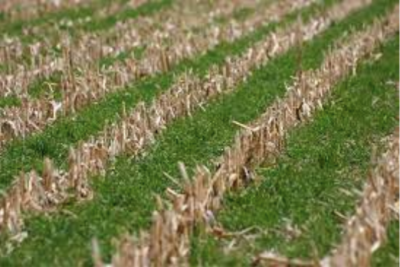 |
| Converting agricultural land to idle landrefers to the process of stopping agricultural activities on a particular piece of land and leaving it unused | 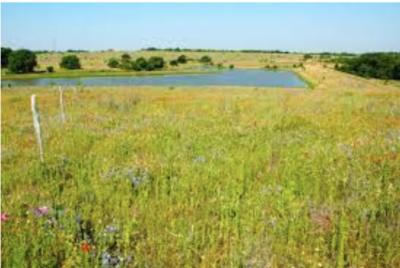 |
| No tillage is an agricultural technique for growing crops or pasture without disturbing the soil through tillage | 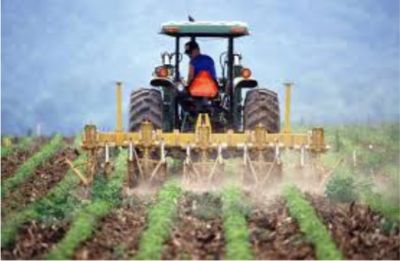 |
| Nutrient management is a science-based approach that involves managing the amount, placement, and timing of fertilizing fields | 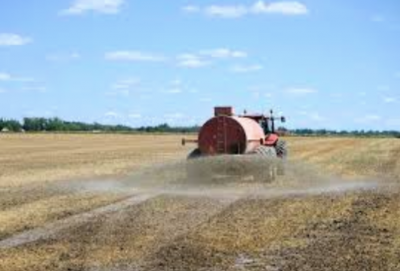 |
Choice Questions
Please read carefully!
The farm program will increase your state income taxes for the next 10 years. The money collected from the increase in your state income taxes will go directly towards the farm program. Farmers will be compensated a per acre subsidy for each acre they enter into the farm program. The per acre subsidy will help farmers cover the costs of altering agriculture practices due to purchasing different farm equipment, supplies, and/or changes in labor.
To help advise the policy makers in your state when designing the farm program, we will provide them information about your preferences. In order to gauge your preferences you will be asked about:
- Different farm program scenarios
- Each scenario contains 2 proposed farm programs to choose from
- Each farm program has 5 varying characteristics, view table below for more details:
| Characteristics |
|
|
|
|
|
You will be asked to:
- Choose your preference between the two farm program proposals in each scenario
- Choose “No Action” if you do not prefer any of the farm program proposals in a scenario or prefer no farm program
- Consider only the two farm program proposals in each scenario, do not add up or compare different scenarios from different pages!
You can CLOSE the page directly to continue your survey!
